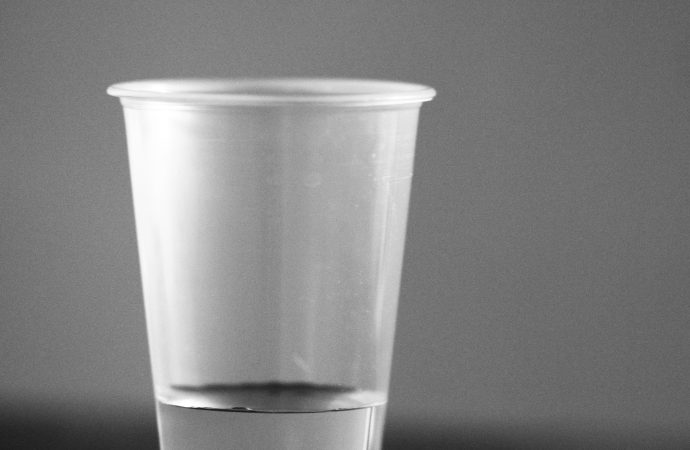Water is essential for life, and staying hydrated is crucial for maintaining good health. But how much water do you really need to drink to stay hydrated? The answer is not as simple as the commonly cited recommendation of eight cups of water a day. In fact, the amount of water you need for optimal
Water is essential for life, and staying hydrated is crucial for maintaining good health. But how much water do you really need to drink to stay hydrated? The answer is not as simple as the commonly cited recommendation of eight cups of water a day. In fact, the amount of water you need for optimal hydration depends on a variety of factors, including your age, gender, weight, activity level, and climate.
According to the Institute of Medicine, the recommended daily intake of water for men is about 3.7 liters (or about 13 cups) and for women is about 2.7 liters (or about 9 cups). However, this recommendation includes water from all sources, including food and other beverages.
Here are some factors that can affect your water intake needs:
1. Age: As we age, our bodies become less efficient at conserving water, which means we may need to drink more water to stay hydrated.
2. Gender: Men generally have higher water intake needs than women, due to their larger body size and higher muscle mass.
3. Weight: The more you weigh, the more water you need to drink to stay hydrated.
4. Activity level: If you’re physically active, you’ll need to drink more water to replace the fluids lost through sweat.
5. Climate: In hot and humid weather, you’ll need to drink more water to stay hydrated.
So, how much water do you really need for optimal hydration? The answer is, it depends. The best way to determine your water intake needs is to listen to your body’s thirst cues and pay attention to other signs of dehydration, such as dark urine, dry mouth, and fatigue.
According to Dr. David A. Wexler, a clinical psychologist and addiction specialist, “The amount of water you need for optimal hydration can vary depending on a variety of factors. The most important thing is to listen to your body’s thirst cues and drink water when you’re thirsty.”
Dr. Wexler also recommends paying attention to other signs of dehydration, such as dark urine, dry mouth, and fatigue. “If you’re experiencing these symptoms, it’s a sign that you need to drink more water,” he says.
In addition to drinking water, there are other ways to stay hydrated. Eating water-rich foods like fruits and vegetables, drinking other beverages like tea and milk, and using a hydration tracker can all help you stay hydrated.
It’s also important to be mindful of your water intake during exercise or in hot weather, as these situations can increase your risk of dehydration. “During exercise or in hot weather, it’s important to drink water with electrolytes to help replenish important minerals like sodium and potassium,” says Dr. Wexler.
In conclusion, the amount of water you need for optimal hydration depends on a variety of factors, including your age, gender, weight, activity level, and climate. While the Institute of Medicine recommends about 3.7 liters (or about 13 cups) of water for men and 2.7 liters (or about 9 cups) for women, this recommendation includes water from all sources, including food and other beverages. The best way to determine your water intake needs is to listen to your body’s thirst cues and pay attention to other signs of dehydration. By staying hydrated, you can improve your overall health and well-being.

















Leave a Comment
Your email address will not be published. Required fields are marked with *